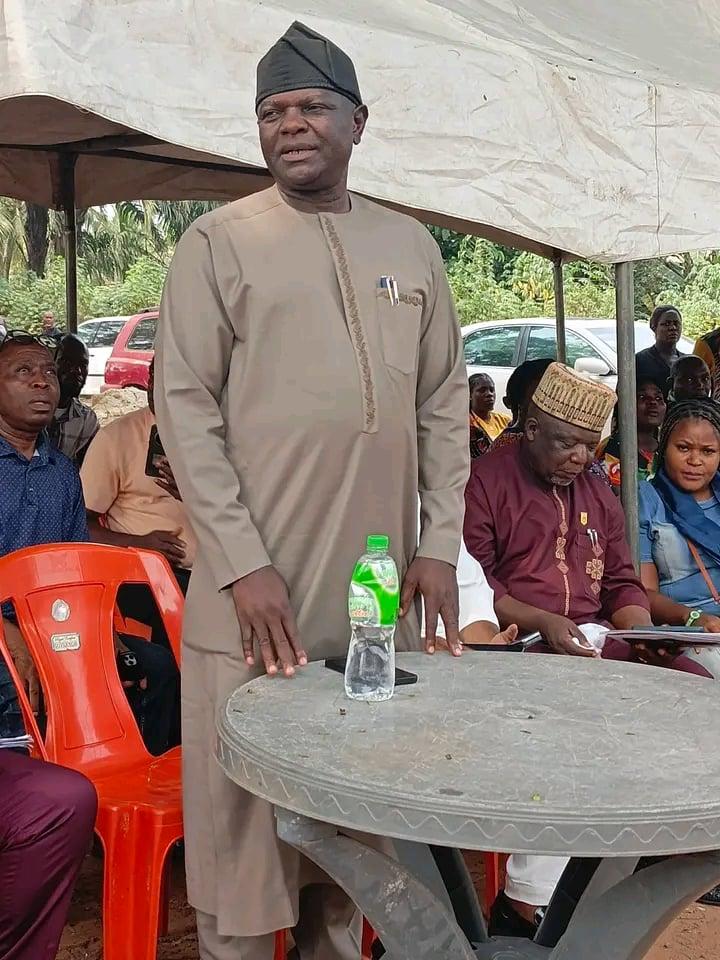FEC approves N2.3trn stimulus package to keep economy afloat

The Federal Executive Council (FEC) has approved a N2.3 trillion stimulus package to keep the nation’s economy afloat which is part of the recommendations of the Nigeria Economic Sustainability Plan (NESP) led by the Vice President Yemi Osinbajo-led committee.
Zainab Ahmed, the minister of Finance, Budget and National Planning, announced this while addressing journalists on Wednesday after the council’s meeting.

Ahmed said the N2.3 trillion stimulus plan will create jobs, put money into the economy, hopefully, stop it slipping into recession, support small businesses and prioritise local content (made-in-Nigeria).
The minister described the NESP as a “two-month transit plan” between the economic recovery and growth plan (ERGP) and the ERGP-successor-plan currently being worked upon.
She said: “The total package that we presented today (Wednesday) is in the sum of N2.3 trillion, N500 billion of this is a stimulus package that is already provided for in the amended in the 2020 Appropriation Act.
“We also have N1.2 trillion of this funds to be sourced as structured low-cost loans which are intervention from the Central Bank of Nigeria as well as other development partners and institutions.
“We have N344 billion that will be sourced from bilateral and external sources and also additional funds that we can source locally.”
Ahmed said the plan would support small businesses that have been severely affected by the COVID-19 pandemic especially those in the education and hospitality sector.
“We had also proposed in the plan to undertake growth-enhancing jobs, creating infrastructure investments in roads, bridges, solar power, communications technology and several others.
“We are advocating for the use of made in Nigeria in all of these public works that we will be doing as a way of creating jobs opportunities to enhance jobs sufficiency.
“So we expect for road construction, for instance, we expect the minister of works not buy bitumen but to consider the use of gemstones and cement or other materials that can be used here, that way we converse our resources and will also be able to ignite other sectors within the economy.
“The same thing for housing as well. The design is to have 300,000 houses built using standard designs that will be done by the ministry of works and housing but using strictly low-cost materials. On the building sites, the plan is to have carpenters and others that will have a multiplier effect on the economy.”
Ahmed said the appropriate agencies will pursue rigorous implementation to achieve the desired impact, adding that FEC had agreed that procurement processes become relaxed to give room for expedited implementation.
She stated that the Council endorsed the adoption of direct labour intervention process in the execution of agricultural, housing and road construction projects to create jobs, using labour intensive methods.
She said: “Council was able to take our reports and the interventions in the plan is that we prevent businesses from collapsing and also to infuse liquidity around the Nigerian economy, to create jobs using labour intensive methods such as agriculture, facility management, housing, construction, direct labour interventions that will create a lot of jobs very quickly.
The minister said the Osinbajo committee also proposed in the plan the need to undertake growth enhancing jobs, creating infrastructure investments in roads, bridges, solar power, communications technology and several others.
“We have promoted in the plan manufacturing and local production at all levels, we are advocating for the use of made in Nigeria in all of these public works that we will be doing as a way of cresting jobs opportunities to enhance jobs sufficiency.
“So, we expect for road construction for instance, we expect the minister of works not buy bitumen but to consider the use of gemstones and cement or other materials that can be used here, that way we converse our resources and will also be able to ignite other sectors within the economy,’’ she added.
On housing, the minister revealed that 300,000 houses would be built by the federal ministry of works and housing, using standard designs that will be done by the ministry, using strictly low cost materials.
“On the building sites, the plan is to have carpenters and others that will have a multiplier effect on the economy.
The Minister of Works and Housing, Babtunde Fashola, also told the correspondents that his ministry presented a memorandum for the award of seven road projects across the country at the cost of N122 billion.
D’banj alleged rape accuser speaks on intimidation, arrest
He said: “There are seven roads in all. The roads were valued at a total sum of N122. 280 billion expected to generate employment for about 2564 people.”
The roads, according to him, are the dualization of Akure to Ado Ekiti road connecting Ondo and Ekiti states at the sum of N23. 751 billion; construction of Ukana-Akpautong-Ikot Ntuen road in Akwa Ibom State, for N1. 538 billion and construction of Iluke-Aiyetoro Kiri-Abugi-Eggan road in Kogi State for N25.352 billion.
Others are the rehabilitation of Odo-Ona Elewe Idiayunre-Marou – Ogun State border road in Oyo state for N4. 6billion; construction of Tamawa-Gulu road in Kano state phase three and Maigar-Guru section for N1. 5billion.
He disclosed that N59.7billion was approved for rehabilitation of Potiskum-Fika-Bajoga-Gombe road linking Yobe and Gombe states while N6.7billion would be expended on the construction of Kachako-Danbazzau road in Kano State.
According to the minister, the Council approved the award of these roads for implementation under the 2020 Appropriation.










